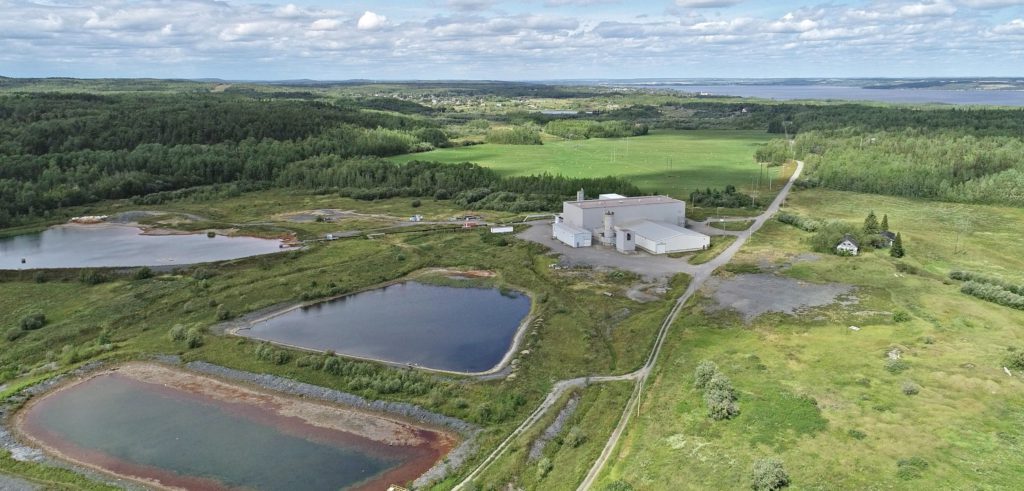Electra begins talks on second cobalt refinery in Quebec


As part of its growth strategy in support of the onshoring of electric vehicle supply chains in North America, Electra Battery Materials (NASDAQ, TSXV: ELBM) has begun preliminary discussions with the government of Quebec to build a new cobalt refinery in Bécancour, Que., that will integrate with an emerging battery materials park in the province.
Electra has been focused on creating North America's first integrated battery materials park near the town of Cobalt, Ont., which includes a hydrometallurgical cobalt refinery that is on track for commissioning by year-end. Once complete, it will be one of two major cobalt sulphate refineries located outside China, with target production of 6,500 tonnes of cobalt (from 32,500 tonnes of cobalt sulphate) annually.
Moving forward, it will look to complete, in different stages, a battery materials recycling plant, a modular nickel sulphate plant and a battery precursor materials plant to complete its Ontario battery park.
"Given a forecasted deficit in domestic cobalt sulfate production by 2025, we have received significant interest from industry and government stakeholders to build a second refinery in North America," Electra's CEO Trent Mell commented on his company's latest development.
"The industrial park in Bécancour, Que., is quickly becoming an important future hub for EV battery materials in North America given its numerous advantages, including a deep water port, extensive infrastructure, hydro-electric power, strong support from the Quebec government, and a qualified work force," Mell said.
According to Electra, the Bécancour industrial park has already attracted commitments and investments from global automotive and chemical processing companies to establish facilities to produce precursor cathode active materials (PCAM) and cathode active materials (CAM) essential in the production of lithium-ion batteries.
In support of the preliminary discussions with the Québec government, the company plans to undertake a study to determine annual production requirements for the industrial park, capital costs for the refinery, flow sheet modifications for alternate sources of feed material, permitting requirements, synergies from integration with other battery materials companies in Bécancour, and potential funding opportunities from the federal and provincial governments. This study is expected to be completed by the end of 2022.
Earlier this year, the Canadian government earmarked $3.8 billion towards the development of a Critical Minerals Strategy. Electra's Ontario refinery – as well as other parts of its first battery materials park – has already received financial support from the provincial government.
More information and news are posted at www.ElectraBMC.com.
Comments